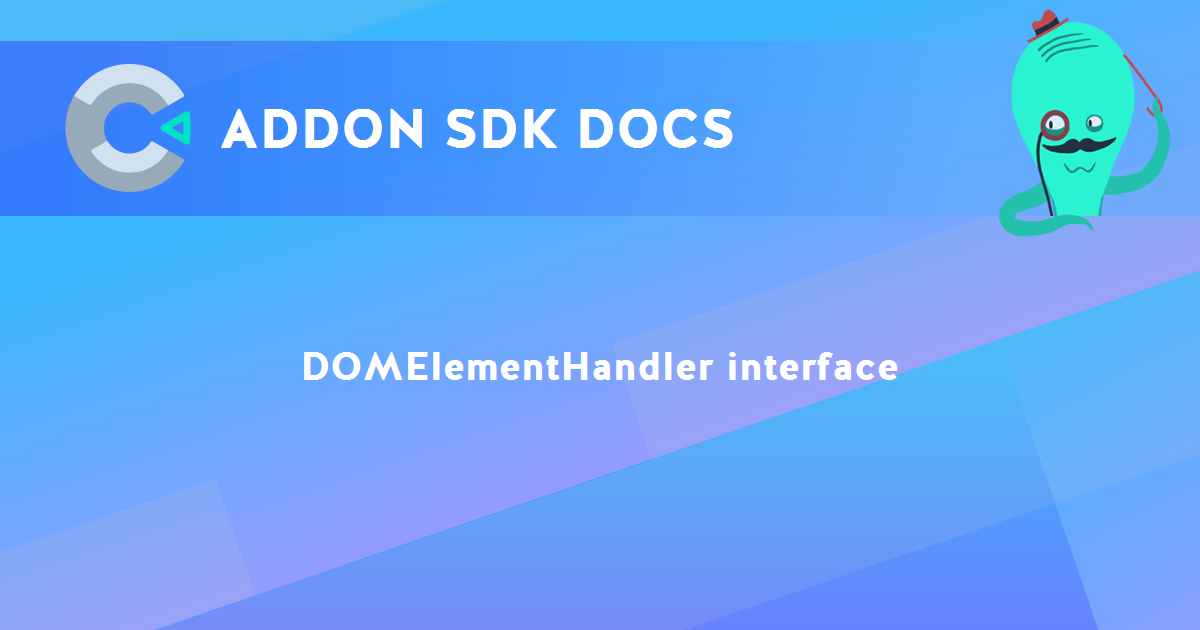DOMElementHandler interface
The DOMElementHandler interface is used as a base class for DOM handlers in the DOM-side script (typically domSide.js). See runtime scripts for more information.
Methods
- AddDOMElementMessageHandler(handler, func)
- Add a message handler to receive messages sent by
PostToDOMElement()/PostToDOMElementAsync() in SDKDOMInstanceBase. The handler should match the string the message was posted with. func receives the arguments (elem, e), providing both the associated DOM element and the data argument the message was posted with, if any. When the PostToDOMElementAsync() variant is used, func can be an async method, and it will be awaited and its return value sent back to the runtime to resolve the returned promise.
- PostToRuntimeElement(handler, elementId, data)
- Post a message to the runtime about this element. For example you could post a
"click" message when the element is clicked, in order to trigger On clicked in the runtime. The message is received by AddElementMessageHandler() in SDKDOMPluginBase. handler is a string identifying the message. elementId identifies the element and is used to find the associated runtime instance; pass the element ID provided in CreateElement(). data is an optional extra JSON object to pass along to the message handler.
- CreateElement(elementId, e)
- Override to create your plugin's DOM element. Note since an element has not been created yet, the runtime identifies it by an assigned
elementId, which needs to be passed along to some other calls. The element state is also passed as an argument.
- DestroyElement(elem)
- Optional override called when the runtime destroys the instance associated with this DOM element. The runtime automatically removes the element from the DOM, but this provides an opportunity for additional cleanup.
- UpdateState(elem, e)
- Override to update the state of the DOM element according to the element state retrieved from
GetElementState() in SDKDOMInstanceBase.
Addon SDK Manual
Construct.net
2019-03-07
2024-05-20

You are here:
Search this manual:
This manual entry was last updated on 20 May, 2024 at 15:12